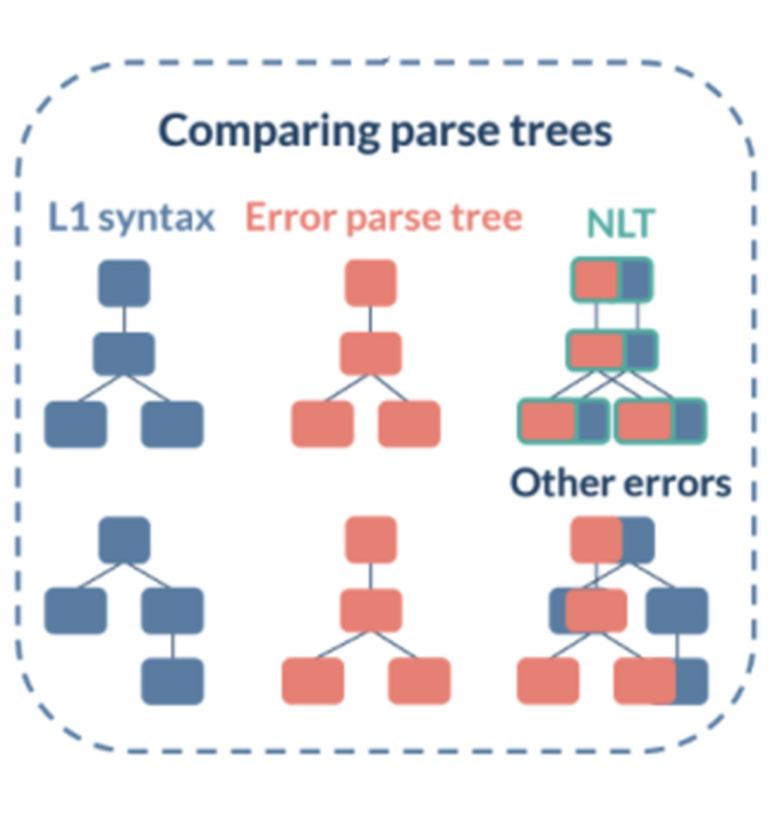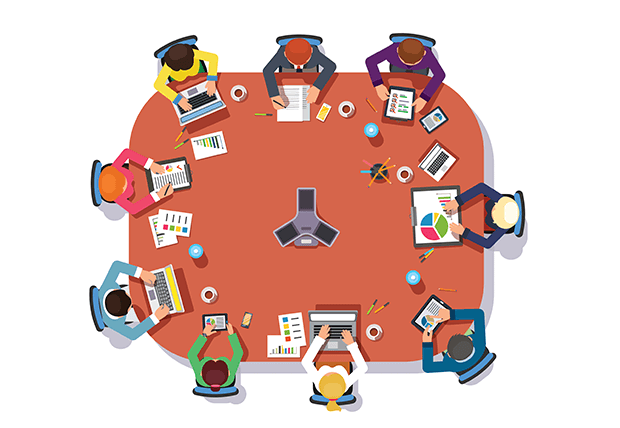Several theories detail the role of affect (e.g.,frustration, flow) in language learning and technology-enhancedlearning. So far, these theories do not yet go as far as detailing howgame elements might influence young learner’s affect and literacydevelopment. More importantly, there is little work into how gameelements interact with learner’s abilities to monitor and manage theiremotional responses (i.e., meta-affect) to learning during game play.Existing instruments for measuring affect and meta-affect have beendeveloped for use with adults or high-literacy learners. Givenon-going trends for gamifying applications that aim to supportlanguage learning and literacy development, we need instruments thatwork well with children and those whose abilities in the targetlanguage are still developing. This project will adapt existing instruments so that they can be integrated into a game-based environment (i.e., Dreamscape) and used in future research. The development of these instruments will enable the broader study of young learners’ meta-affective strategies by enabling the measurement of their meta-affective tendencies so that those can be linked to behavioural patterns in educational technologies.




